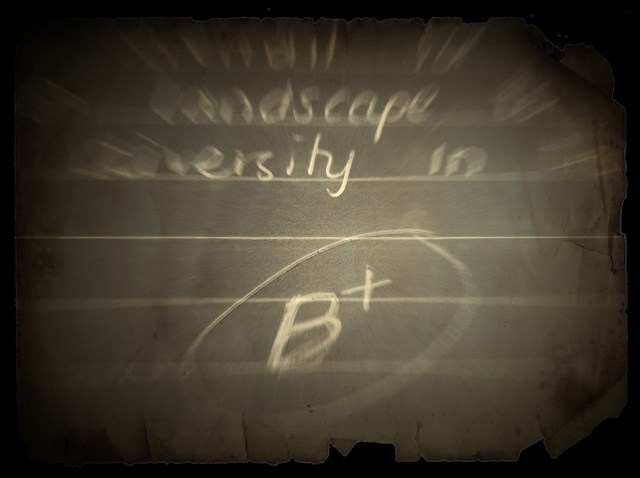The Sea to Sky School District’s no-grades pilot project has been renewed for the new school year.
The Communicating Student Learning pilot project made headlines earlier this year because of its novel approach to evaluating students.
Twenty-five teachers in the program forewent giving report cards with letter grades in favour of providing continuous feedback on students’ progress throughout the school term. This feedback described students’ contributions during class time, their interactions with their peers and breakdowns of their strengths and weaknesses, among other things.
At last week’s school board meeting, Paul Lorette, a director at the school district, presented findings from surveys that asked students and parents how they felt about the program.
“We have evidence that there’s been growth in learning,” he said.
The amount of parents who believed they were either “very” or “quite” informed about their child’s learning increased slightly, from 60 per cent in February to 63 per cent in July.
About 100 parents filled out the survey both in February and July.
Different respondents were picked each time, so the survey wasn’t a perfect measure of how feelings about the program may have changed, Lorette said.
Eleven per cent of the February survey participants were from Myrtle Philip in Whistler, while 55 per cent of the respondents in the July survey were from that school. Also, a few of the responses were invalid because some respondents didn’t have children in the pilot program, though Lorette said it shouldn’t affect the numbers significantly.
The survey showed parents appeared to be less inclined to describe letter grades as a critical tool for evaluating students’ progress by the end of the year.
While the amount of people who believed letter grades were very necessary stayed relatively the same – 51 per cent down from 54 per cent at the beginning of the year – there were more people who believed letter grades were not critical.
Initially, 19 per cent of respondents believed they weren’t very necessary. By the end of the school year, this number increased to 34 per cent. Most of the increase was a result of undecided parents changing their minds to say grades weren’t a critical tool.
But perhaps one of the most telling facts was that only seven per cent of parents in the program asked for their children’s letter grades at the end of the year.
“That’s quite a different result than the number of parents who said they would prefer letter grades,” Lorette said. Letter grades were made available to anyone who requested them.
There was some concern with respect to student answers on the survey.
It was found that 51 per cent of students said letter grades inspired them to do their best work, Lorette said. About 380 students filled out the survey.
Supt. Lisa McCullough said this appeared to show a discrepancy between how students thought they learn best and how they actually learn best.
“It tells me we have work to do,” McCullough said.
Research shows that students learn best when learning is applied and when the subject becomes familiar enough with the material to re-teach it, she said.
“There’s a gap there for me as an educator,” said McCullough. “Even our kids are telling us, ‘I’m focused more on that letter grade than I am on my learning.’”
However, school board chair Rick Price said the finding is not surprising, given how deeply ingrained letter grades have been in the public school system.
It will take time for attitudes to change, he said.
Another point of concern was consistency in the way feedback was communicated, Lorette said.
Different kinds of methods were used in each classroom, and more work will have to be done to ensure communication does not differ too greatly between classes, he added.



